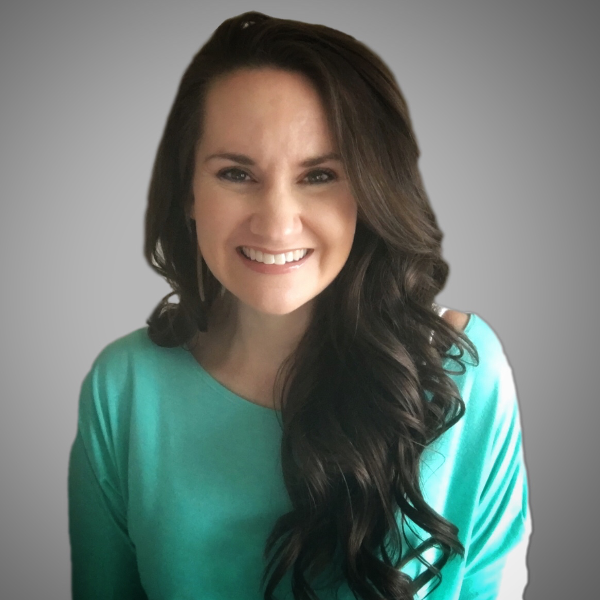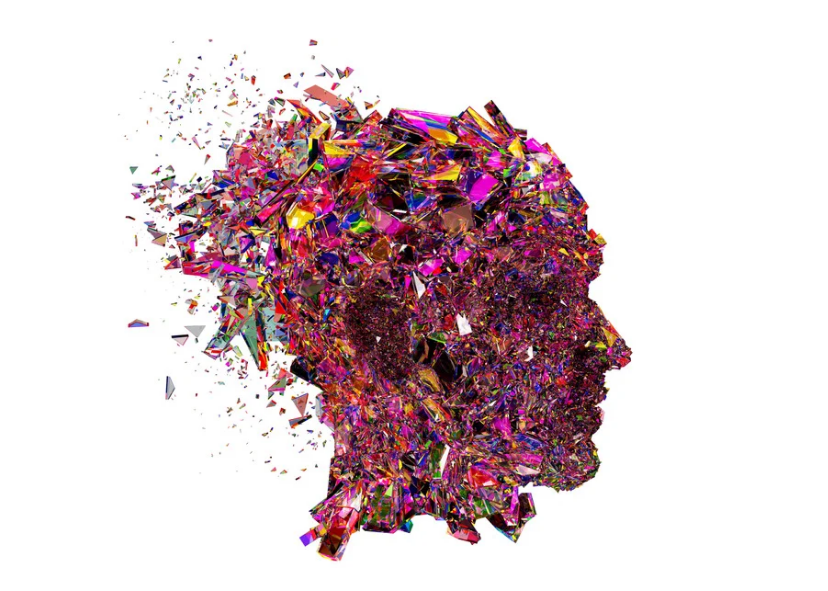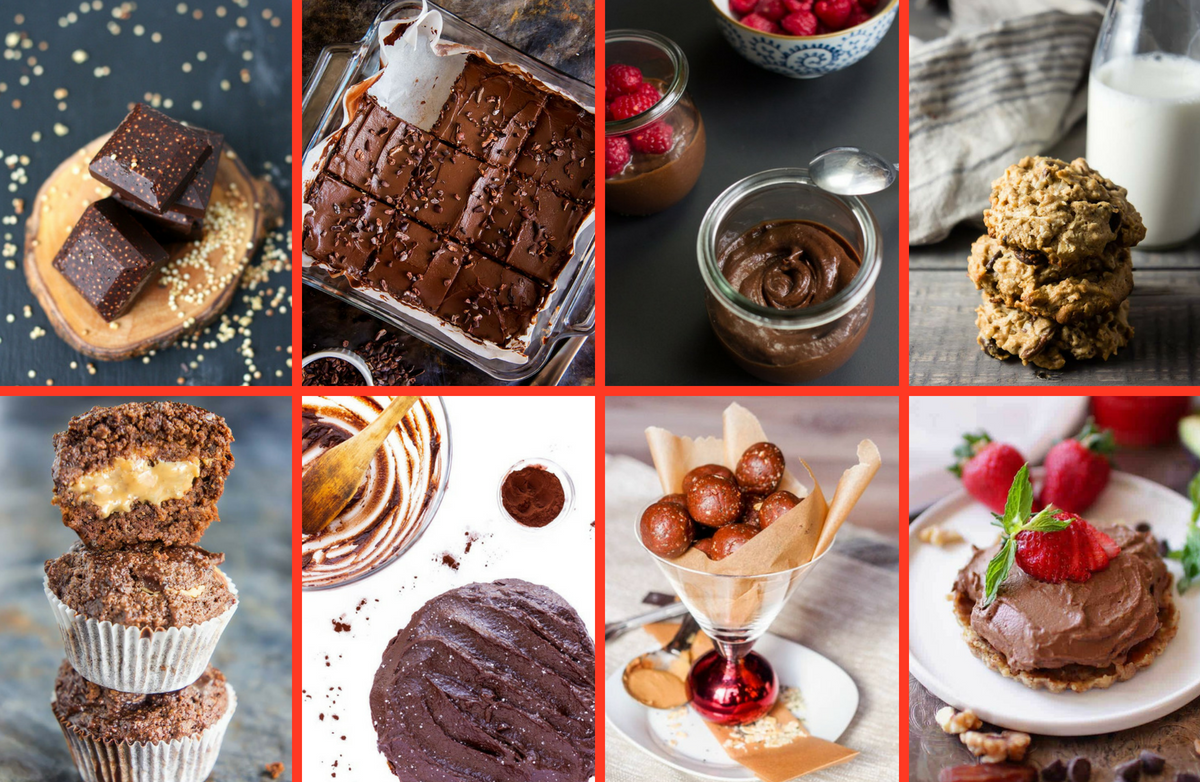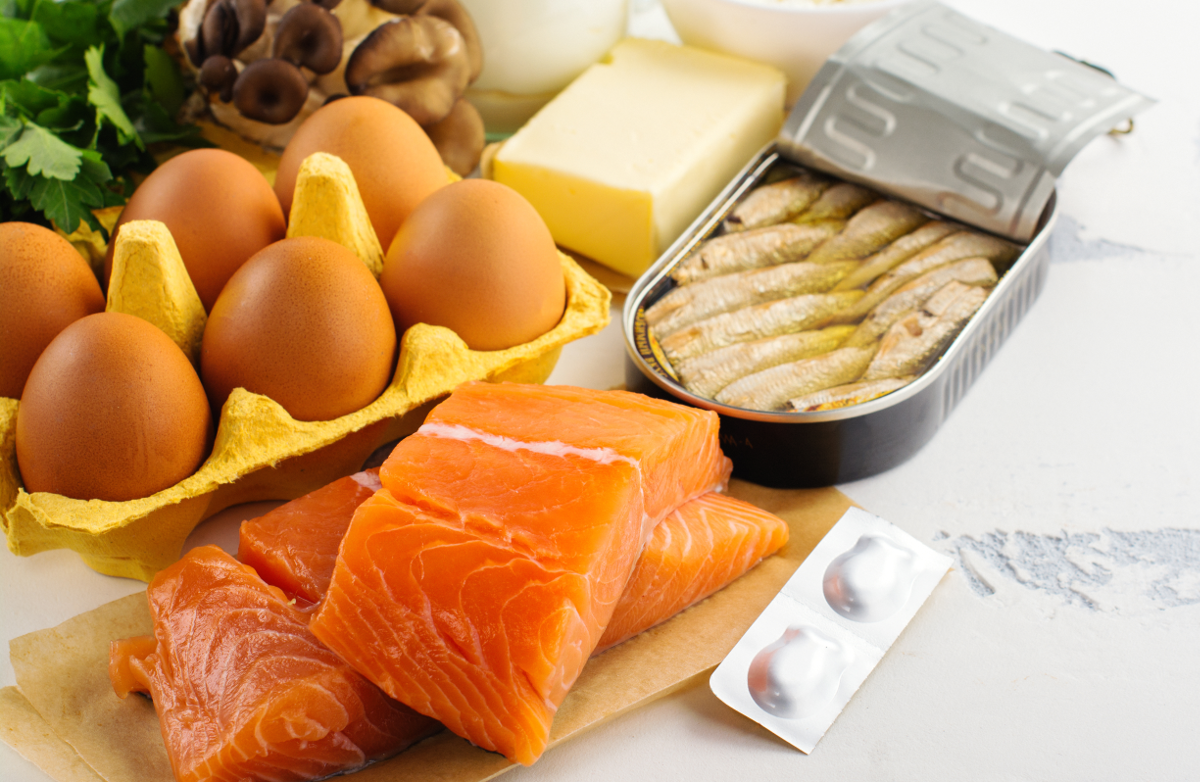
If you've been confused about this fad diet or that one, carbs or no carbs, or whether eating at night is bad, we promise your local registered dietitian nutritionist (R.D.N.) has heard it all, the good the bad and the ugly. Whether you're hoping to lose weight, enhance your workouts, tackle a health issue or simply cut through all the bogus pseudoscience out there, booking an appointment with an R.D.N. is a fantastic way to transform your eating habits and reach your goals.
With an R.D.N. by your side, you'll get so much more than just a generic calorie recommendation and a cookie-cutter meal plan--you'll get access to a nutrition expert who can craft a dietary plan that is tailor-made just for you. When seeking out nutrition help, be sure to reach out to a registered dietitian or registered dietitian nutritionist, rather than just a nutritionist, to ensure that you are working with a professional who has met both academic and professional requirements. When you're ready to get to work, grab your food logs and go in armed with these important questions to ask your dietitian to ensure you get the most out of your appointment.
1. "What am I getting right?"
While it can certainly be tempting to focus only on your food foibles, it's important (and encouraging!) to know where you deserve a pat on the back, too. Perhaps you never miss breakfast or love a variety of fruits and veggies at every meal. Whatever it may be, your dietitian will be able to highlight and high-five the great choices you've been making and ensure these habits carry over into your improved nutrition plan.
2. "Do I have any major deficiencies?"
Ever wonder if your diet is missing something? Even if you think your diet is better than average, there's a good chance you might be lacking something important, such as adequate protein for building and maintaining muscle, calcium and vitamin D for bone health, or B vitamins for proper energy metabolism. By taking a close look at your (detailed) food logs, an R.D.N. can help you identify any essential macronutrients or micronutrients that could use a boost in your diet.
3. "What are my biggest problem areas?"
When it comes to nutrition, it can be easy to miss the forest for the trees. As you visit with your R.D.N., be sure to ask which changes you should prioritize and tackle first. While you might be agonizing over what sort of peanut butter to buy or which cruciferous veggie is the best, your dietitian can show you which changes will actually deliver the biggest dividends at the end of the day. Plus, changing too much too quickly can leave you feeling frustrated and restricted, so work with your R.D.N. to find a balance and a timeline that will allow you to learn, adapt and improve over time.
4. "How should I time my meals to get the most out of my workouts?"
Figuring out when to eat and when to exercise can feel a little like double-dutch sometimes. If you're serious about maximizing your sweat sessions, be sure to discuss with your R.D.N. what key nutrients you need and when to consume them based on your typical training schedule. Ask for specific meal ideas as well as pre- and post-workout snack suggestions if you need them, and be sure to go over any supplements you're already taking or have been considering.
5. "Based on my medical history, do you have any special recommendations for me?"
Remember that R.D.Ns are not only trained to address your weight and workouts. Registered dietitian nutritionists are also skilled in medical nutrition therapy and can help you prevent or improve many medical conditions. From diabetes and high blood pressure to high cholesterol and cancer prevention, an R.D.N. can incorporate recommendations into your plan that will truly benefit your health and wellness.
6. "How can I measure my success without a scale?"
Weight is not the only measure of success! Given the extent to which your bathroom scale can mysteriously fluctuate from one day to the next, having other measures of success is a key strategy to staying motivated and encouraged during your personal transformation. For example, if getting in shape is on your radar, ask your R.D.N. to take alternative measurements, such as various circumference and body fat measurements which often deliver a better picture of how your physique is actually changing over time. If getting healthy is your endgame, ordering pertinent lab work at appropriate intervals can help you gauge the benefits of your efforts. Perhaps you just want to boost your wellness and take better care of yourself. For this, your dietitian can work with you to design meaningful action steps that, when completed, will ensure you feel both intentional and in charge of your eating and well-being.
7. "How can I stay motivated over the long haul?"
If you're looking for lasting results, it's important to focus on changes with which you intend to stick. After all, temporary changes can only deliver temporary results! As you work with your R.D.N. to formulate goals and develop worthwhile action steps, it's essential you address how to handle stumbles along the way. That is, how can you keep a momentary lapse from turning into a full-on relapse? And what are some strategies for staying motivated when you're running low on enthusiasm? Though registered dietitian nutritionists are renowned for their nutrition know-how, don't forget that dietitians are also experts when it comes to overcoming dietary obstacles and giving you the boost you need to reach that finish line!
And while you're at it, but sure to ask this last question:
8. "When should I return for a follow-up?"
An often overlooked benefit of working with a dietitian is the ongoing encouragement, modifications and accountability he or she can provide throughout your wellness journey. If you are serious about changing your eating habits and reshaping your health and fitness from the inside out, regular follow-ups with your dietitian can give you the support you need to achieve your goals.













